
Fairy Tale Retellings: Interview with YA Author Rachel Kovaciny
Young adult author Rachel Kovaciny recently released her eighth book, A Nobel Companion, a retelling of the ugly duckling…
February 26, 2025
Young adult author Rachel Kovaciny recently released her eighth book, A Nobel Companion, a retelling of the ugly duckling…
February 26, 2025
Can you share a little about your recent book? The Journey, book five of The Underground Book Readers, was…
January 2, 2024
Can you share a little about your recent book? How to Dress a Dinosaur is a board book published…
March 21, 2023
Can you share a little about your recent book? Maribel Montgomery may be a lifelong Texan, but growing up…
December 1, 2021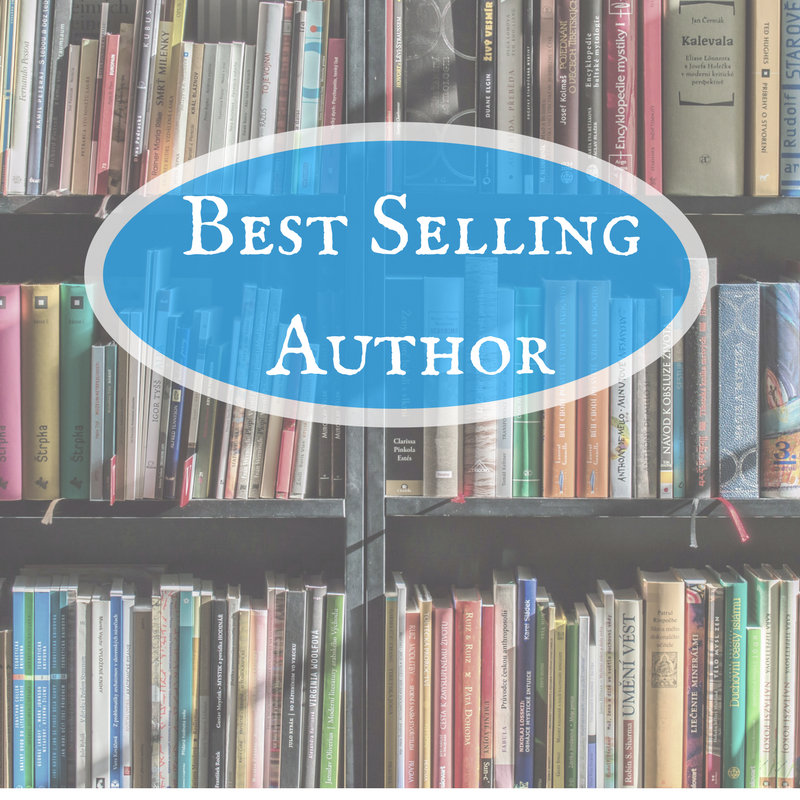
Can you share a little about your recent book? Lethal Cover-Up is a story about sisters and what happens…
October 1, 2021
Can you share a little about your recent book? A true story of beating insurmountable odds can be stranger…
September 1, 2021
Young Adult author Olivia Smit just released her newest contemporary, Hearing Lies. She’s also is in my crit group,…
August 27, 2021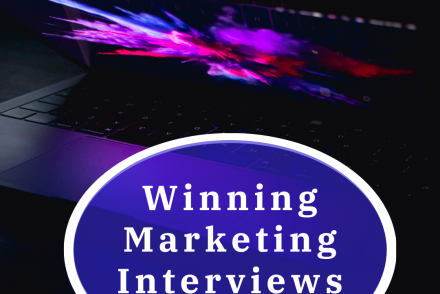
The Christian Authors Network’s innovative Crown Awards celebrate excellence in Christian Media and Marketing. Purpose: To recognize, educate, and…
August 26, 2021
Can you share a little about your recent book? Strength of a Woman: Why You Are Proverbs 31 looks…
August 1, 2021
In honor of Independence Day, I wanted to do something special for this post to celebrate. I had an…
July 16, 2021
Can you share a little about your recent book? My most recent book for children is Grumpy the Gator.…
July 1, 2021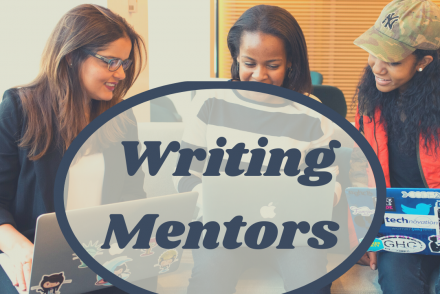
Why do you write? Do you have a theme, message, or goal for your books? I write because I…
June 19, 2021
Can you share a little about your recent book? My book 50 Life Lessons for Grads: Surprising Advice for…
June 2, 2021
Can you share a little about your recent book? My mom always called the period of time when people…
April 1, 2021
Today I am talking with Hope Bolinger. She’s an author of young adult novels as well as a literary…
August 27, 2019
Can you share a little about your recent book? The idea for The Songbird and the Spy came to…
July 1, 2019
No two paths to publication are exactly alike. Over the next few months, I’ll be listening to middle grade…
March 16, 2019
Novelists Unwind Guests Mary Connealy wrote twenty books in ten years–before a single one was published. But her tenacity…
January 26, 2019
Can you share a little about your recent book? Obsessed (second book in Everyday Heroes Series) blurb: Stalker. Arson.…
January 1, 2019
I’m excited to share two debut author interviews with you. Heidi Chiavaroli and I chatted a few months ago…
August 26, 2018
Join Johnnie Alexander as she chats with Hannah Conway and Jolina Petersheim on Novelists Unwind. Introducing Hannah Conway Hannah…
April 26, 2018
DiAnn Mills is a bestselling author who believes her readers should expect an adventure. She combines unforgettable characters with…
January 1, 2018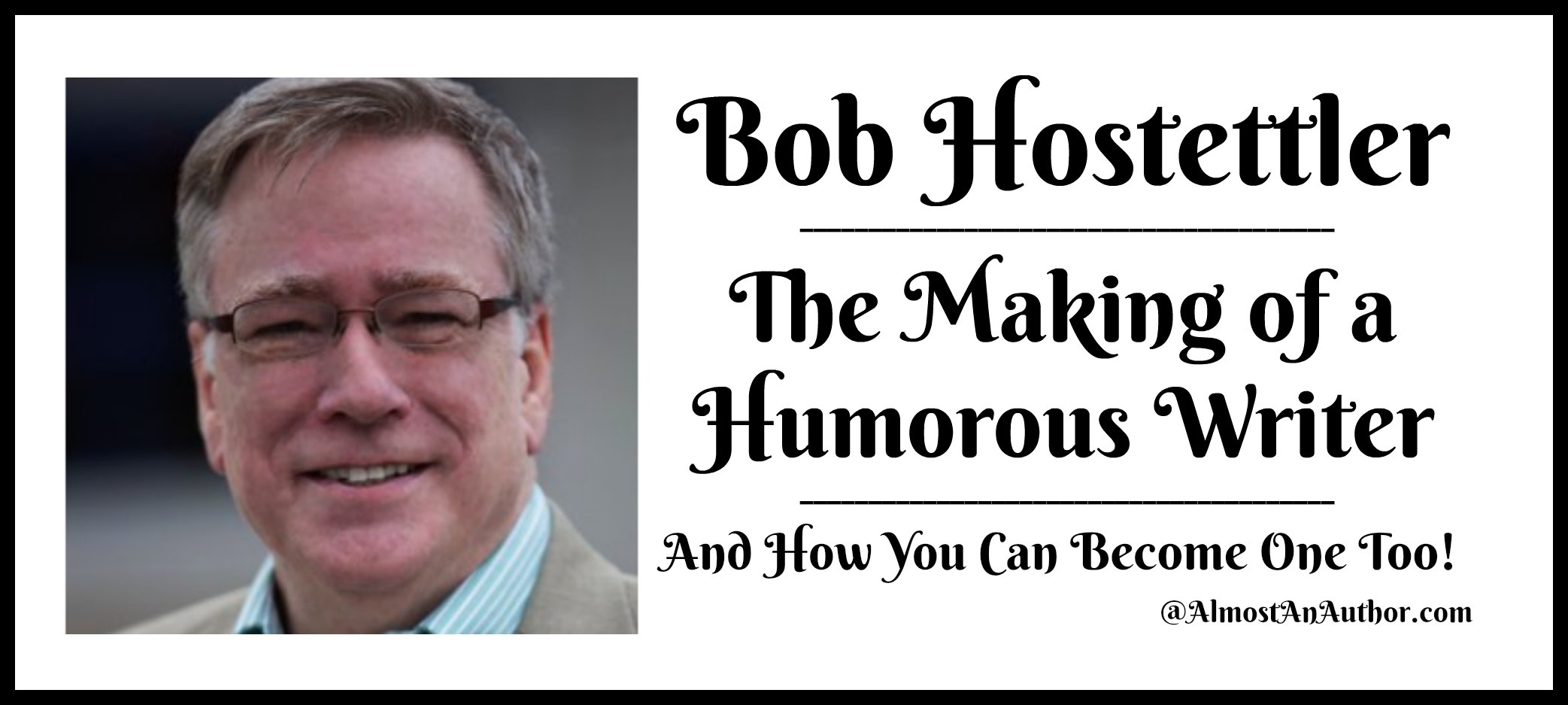
Author, speaker, and overall funny man Bob Hostettler has cost me too much money. He keeps writing books. And…
September 25, 2017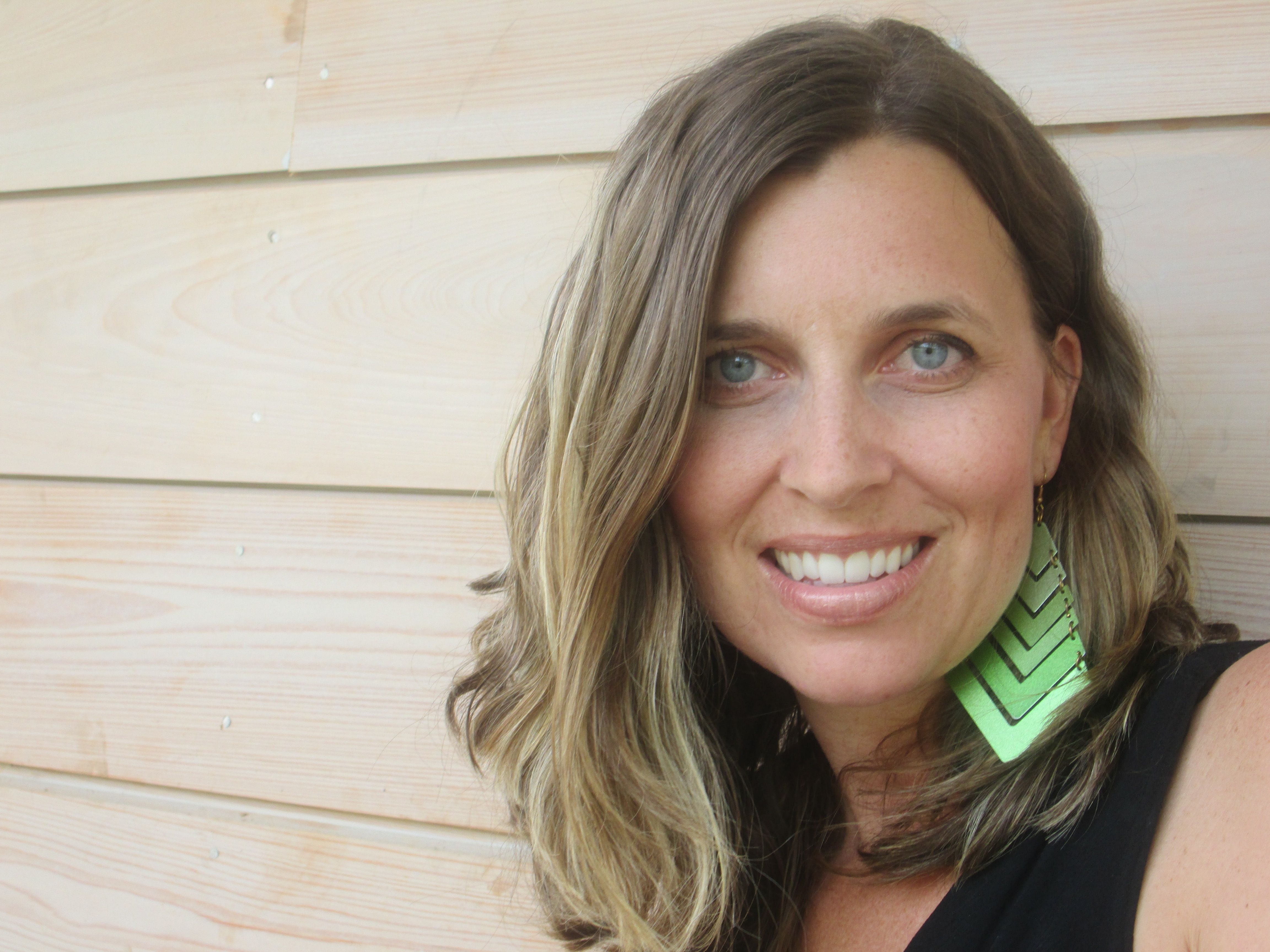
[author title=”Amy L Sullivan” image=”https://www.almostanauthor.com/wp-content/uploads/2015/06/AmyHeadshot.jpeg”] For the past two years, Amy L. Sullivan looked harder, loved stronger, and discovered…
July 13, 2015